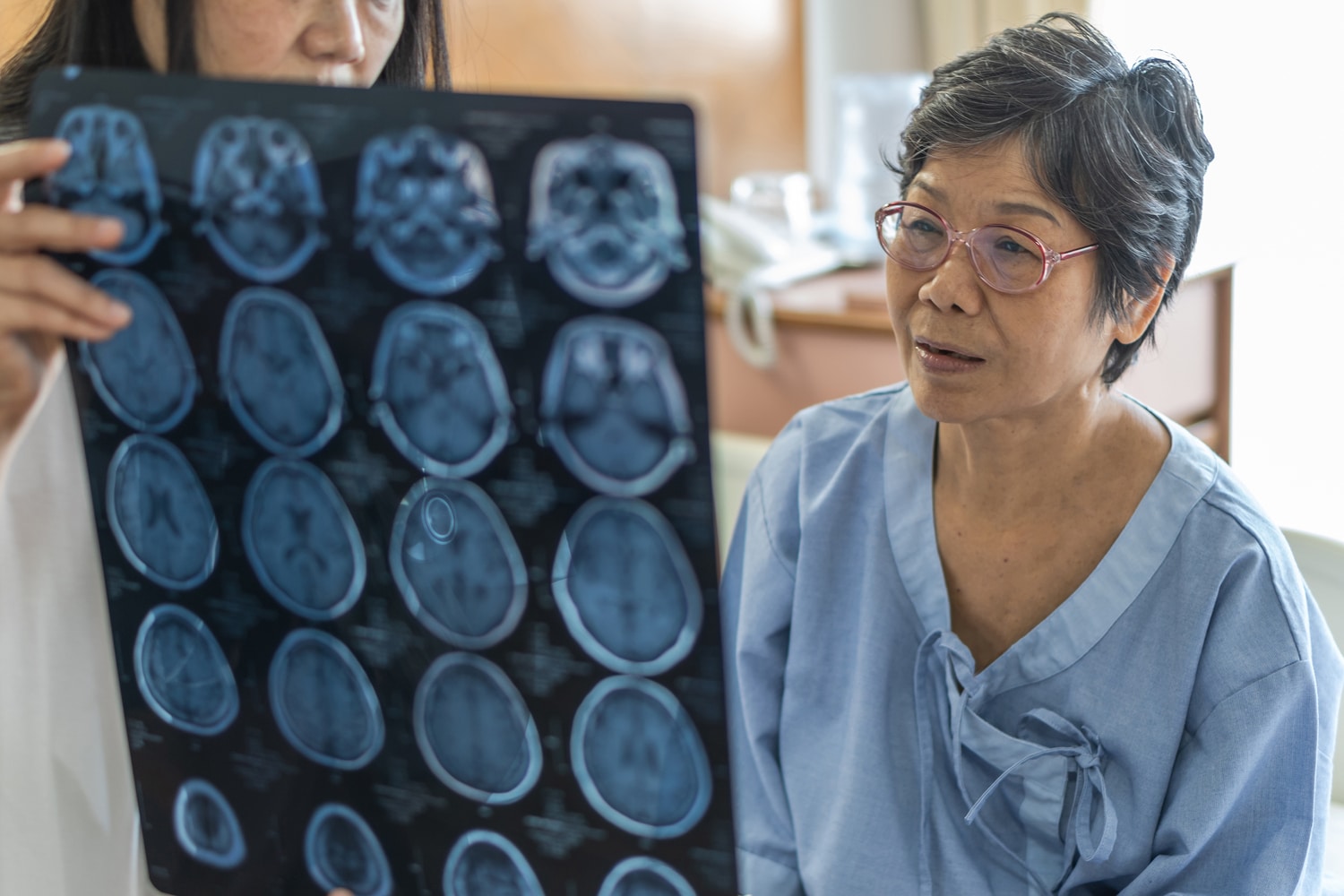A 46-year-old San Antonio plumber was knocked briefly unconscious during a head-on collision. He went to the emergency room, where tests didn’t turn up any obvious brain injuries. Several months later, though, his wife began to notice disturbing changes to his personality, memory and focus after several months. Sophisticated tests confirmed that these changes were the result of the crash, which inflicted significant but difficult-to-detect damage to the brain’s frontal lobe.
This story is not uncommon. After an automobile accident, some people may feel fine and not realize they are living with a traumatic brain injury (TBI) that could have serious, long-lasting effects down the line. It’s a problem so significant that it has been dubbed “The Silent Epidemic” by researchers at the University of Pennsylvania.
Latent brain injuries are defined as injuries that do not become apparent right away, but instead surface days—even weeks—later. Even though the victim may appear to be functioning normally, such TBIs can have devastating and permanent impacts that emerge long after the initial trauma.
TBIs are categorized from “mild” to “severe,” and people often don’t relate the more common term of “concussion” with this serious type of injury.
Symptoms can include:
- a loss of consciousness
- problems with memory or concentration
- headaches
- dizziness
- sensory problems
- mood changes
- depression or anxiety
More severe cases can present symptoms like:
- unusual behavior
- slurred speech
- loss of coordination
- seizures
- dilated pupils
- clear fluid draining from the nose or ears
The Mayo Clinic recommends going to the doctor after an automobile accident or any trauma that includes a blow to the head or body that causes concern, and seeking emergency medical attention if there are symptoms of a TBI.
Litigation involving latent brain injuries can be complex precisely because these injuries are hard to see. With a deep knowledge of the science behind TBIs, Crosley Law specializes in helping people who have suffered these kinds of injuries. Working with research scientists who use cutting-edge technology, Crosley Law has helped people in dozens of cases and has become a leader in this area of law.
If you believe that you or a loved one is suffering from the aftermath of recent brain injury, please contact us at [email protected]. We are glad to review your case for free to help you understand your options. Click here to have your case reviewed.
Links:
Mayo Clinic:
http://www.mayoclinic.com/health/traumatic-brain-injury/DS00552
Center for Brain Injury and Repair:
http://www.med.upenn.edu/cbir/silent_epidemic.shtml
Scientific American:
http://www.scientificamerican.com/report.cfm?id=brain-injury
BrainLine.org:
http://www.brainline.org









